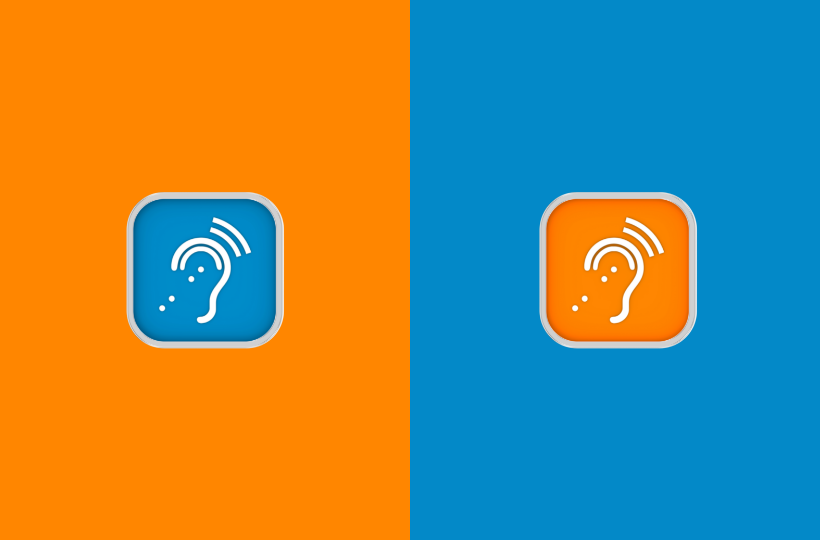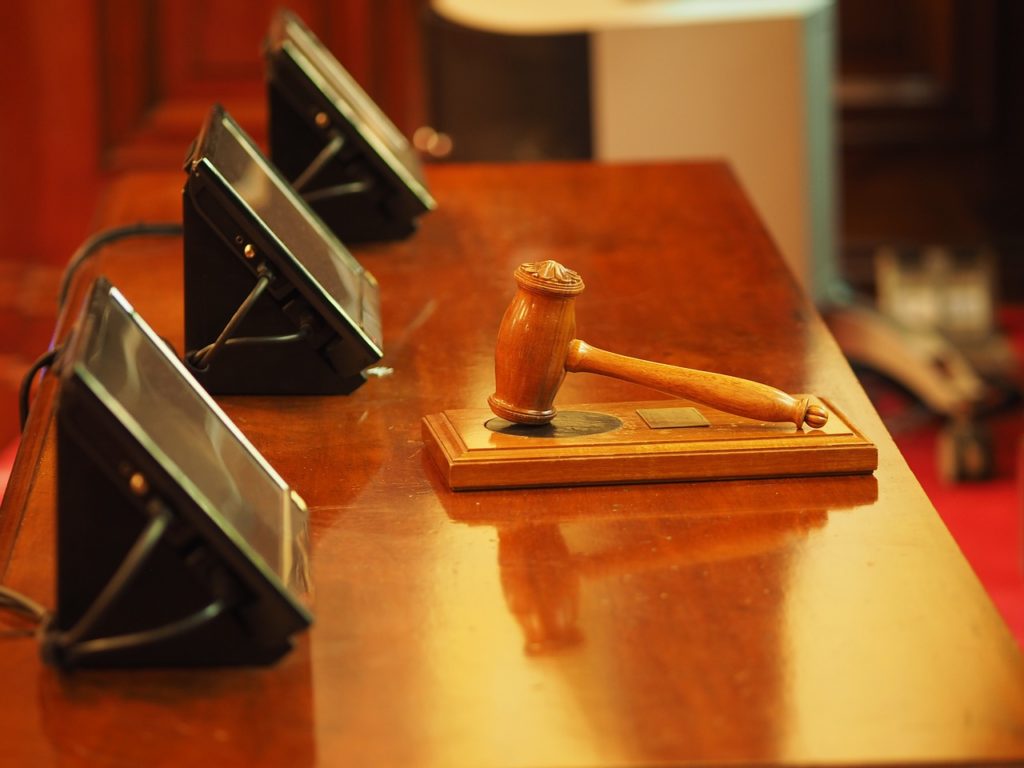ADA Compliance and Hearing Impairments: Everything Your Business Needs to Know

Every public business, organization, or venue should be thinking about how to improve accessibility at their establishment. Not only does it create a more welcoming environment for any and every-one that visits, but it can also be a legal requirement. Read on to learn more about how your business can (and must) improve accessibility through […]
